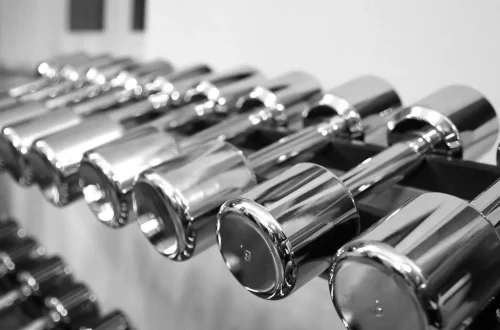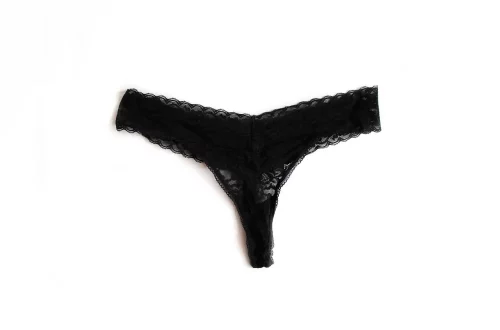
Essential Calcium Supplements for Healthy Chickens and Strong Eggs
Calcium plays a crucial role in the overall health of chickens, particularly in their ability to produce strong eggs. As domestic poultry, chickens require a well-balanced diet that includes essential vitamins and minerals to thrive. Among these nutrients, calcium stands out for its significant impact on bone health and eggshell quality.
Chickens, especially laying hens, have a high demand for calcium due to the continuous production of eggs. Insufficient calcium levels can lead to various health issues, including weakened bones and poor egg production. Additionally, the quality of eggshells may deteriorate, resulting in fragile or broken eggs. This not only affects the profitability of poultry farming but also raises concerns about animal welfare.
Farmers and poultry enthusiasts must be proactive in ensuring that their birds receive adequate calcium through supplements or fortified feeds. Understanding the types of calcium supplements available and how they can benefit chickens is essential for maintaining a healthy flock. In this article, we will explore the importance of calcium supplementation in poultry diets and outline the various options that are effective in promoting healthy chickens and strong eggs.
The Importance of Calcium in Poultry Diets
Calcium is an essential mineral that plays a pivotal role in many physiological processes in chickens. For laying hens, calcium is paramount not only for skeletal health but also for the production of eggshells. The mineral is a key component of eggshells, making up approximately 95% of their structure. A lack of calcium in a hen’s diet can lead to soft-shelled or thin-shelled eggs, which can break easily and are less viable for hatching.
Beyond eggshell formation, calcium is vital for muscle function and nerve transmission. It helps in blood clotting and is critical for the health of bones and teeth. In young chicks, adequate calcium intake is necessary for proper skeletal development, while in adult birds, it helps maintain bone density and strength. Without sufficient calcium, chickens can experience health issues such as osteoporosis, which can significantly affect their well-being and productivity.
The recommended calcium intake for laying hens varies, but it generally falls between 3.5% to 4% of their diet. It’s important to note that the calcium needs may increase during peak laying periods. Farmers should monitor the dietary calcium levels and adjust them as necessary, especially if they notice any signs of calcium deficiency, such as poor egg quality or behavioral changes in their flock.
Incorporating calcium-rich supplements into the diet of chickens is an effective strategy to meet their nutritional needs. However, it’s imperative to balance calcium with other dietary components such as phosphorus and vitamin D3, which aid in calcium absorption. A well-rounded diet will ensure that chickens remain healthy, productive, and capable of producing strong eggs.
Types of Calcium Supplements for Chickens
When it comes to calcium supplements for chickens, several options are available on the market. Each type has its own set of benefits and can be chosen based on the specific needs of the flock.
1. **Crushed Oyster Shells**: One of the most popular calcium supplements for laying hens is crushed oyster shells. This natural source of calcium is highly digestible and provides a slow-release form of calcium, which is ideal for hens that need it over time. Offering oyster shells free-choice allows hens to consume them as needed, ensuring they receive adequate calcium without over-supplementation.
2. **Calcium Carbonate**: Another common supplement is calcium carbonate, which is often found in poultry feeds. This form of calcium is readily available and can be mixed directly into the feed. It provides a quick source of calcium, which can be beneficial during peak laying times. However, it’s essential to monitor the overall calcium levels in the diet to avoid excessive intake.
3. **Ground Limestone**: Ground limestone is another effective calcium source that can be incorporated into chicken feed. It is a cost-effective option and provides a steady supply of calcium. Ground limestone should be used with caution, ensuring that the overall diet maintains a proper balance of nutrients.
4. **Eggshells**: Recycling eggshells is a sustainable way to provide calcium to chickens. After baking and crushing the eggshells to a fine powder, they can be added back into the chickens’ diet. This not only reduces waste but also offers a familiar source of calcium that chickens will readily consume.
5. **Commercial Calcium Supplements**: Various commercial calcium supplements are formulated specifically for poultry. These products often contain additional vitamins and minerals, such as vitamin D3, to enhance calcium absorption. When selecting a commercial supplement, it’s crucial to choose high-quality products from reputable manufacturers.
Each of these calcium sources has its pros and cons, and the choice often depends on the specific situation and preferences of the poultry keeper. Regardless of the source, the key is to ensure that chickens receive adequate calcium for optimal health and egg production.
Signs of Calcium Deficiency in Chickens
Recognizing the signs of calcium deficiency in chickens is vital for maintaining their health and productivity. A deficiency can lead to several health issues, and early detection can help mitigate more serious problems.
One of the most common signs of calcium deficiency is poor eggshell quality. If you notice that your hens are laying eggs with soft, thin, or misshapen shells, it could indicate that they are not receiving enough calcium. Additionally, frequent broken eggs or eggs with a chalky appearance can also signal a deficiency.
Behavioral changes can also be indicative of calcium issues. Hens in need of calcium may exhibit signs of stress or discomfort, such as increased aggression, restlessness, or changes in feeding habits. They might peck at the ground more vigorously or display unusual nesting behaviors as they try to find sources of calcium.
Physical signs of deficiency can include weak or brittle bones, leading to increased susceptibility to fractures. In severe cases, chickens may exhibit difficulty in walking or standing, which can severely impact their overall quality of life.
To address calcium deficiency, it’s crucial to assess the flock’s diet and ensure they have access to appropriate calcium sources. Regular monitoring of both egg quality and chicken behavior can help poultry keepers catch any deficiencies early on and make necessary dietary adjustments.
In conclusion, ensuring that chickens receive adequate calcium is essential for their health and the quality of the eggs they produce. By understanding the importance of calcium, the types of supplements available, and recognizing the signs of deficiency, poultry keepers can foster a thriving flock.
*Disclaimer: This article is not intended as medical advice. If you have health concerns regarding your flock, please consult with a veterinarian or a poultry nutrition expert.*




